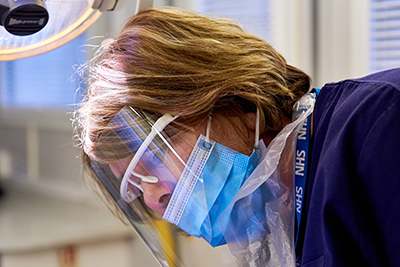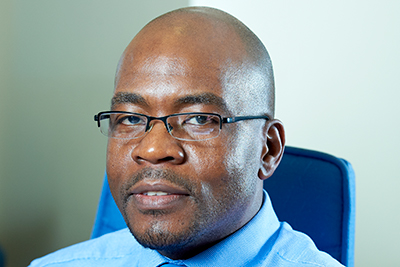Our NHS is made up of more than 1.3 million people who care for the people of this country with skill, compassion and dedication. We must make the NHS an employer of excellence – valuing, supporting, developing and investing in our colleagues.
Retaining and supporting our people is a key priority across the NHS as outlined in the People Plan and the NHS Long Term Workforce Plan.
Ensuring that our NHS people feel valued and have the opportunity to develop in their career is crucial to retention. Staff should have access to support, development and opportunities and be encouraged to achieve their individual ambitions in the workplace.
Our Retention hub provides information and resources about how to improve the experience of working in the NHS for everyone.
The National Retention Programme
The programme works nationally as well as across all seven regions to support and help organisations and systems to improve staff experience and achieve real tangible improvements in staff retention.
Programme priorities
Our focus is on evidence-based interventions that have the greatest impact for our NHS people. Based on the evidence we have, there are two important principles which will support the retention of nurses and midwives:
- Targeted interventions for different career stages: early career, experience at work and later career. There are different risk points related to job satisfaction and retention of nurses and midwives at these stages, and our response and support needs to be tailored accordingly.
- Bundles of high-impact actions are more effective than single actions. A bundle approach is needed to deliver sustained gains, applied to the different career stages and informed by evidence of what drives job satisfaction, experience and therefore retention.



